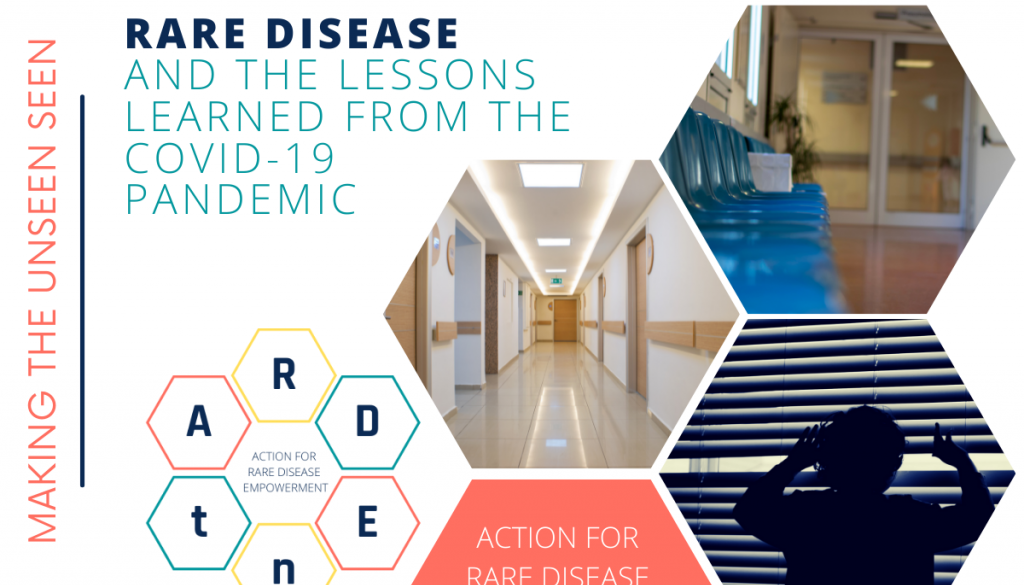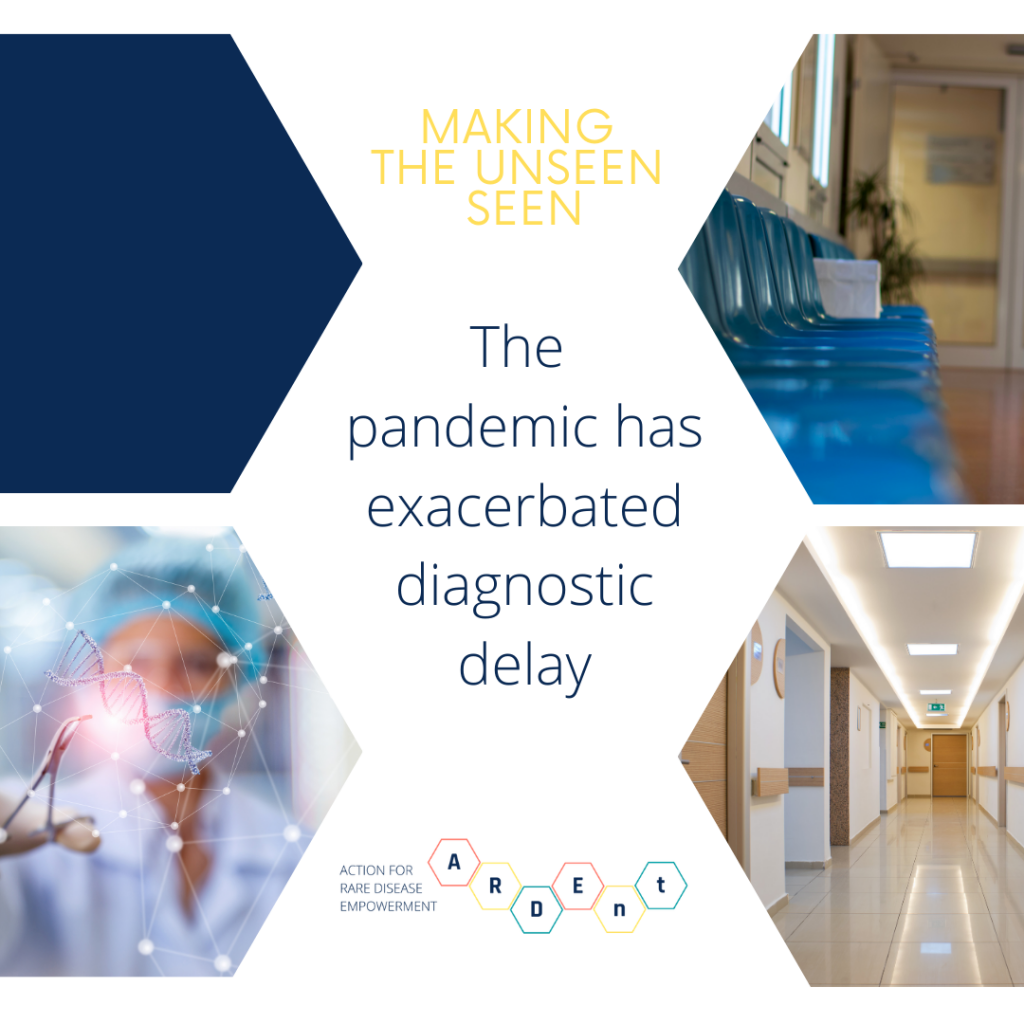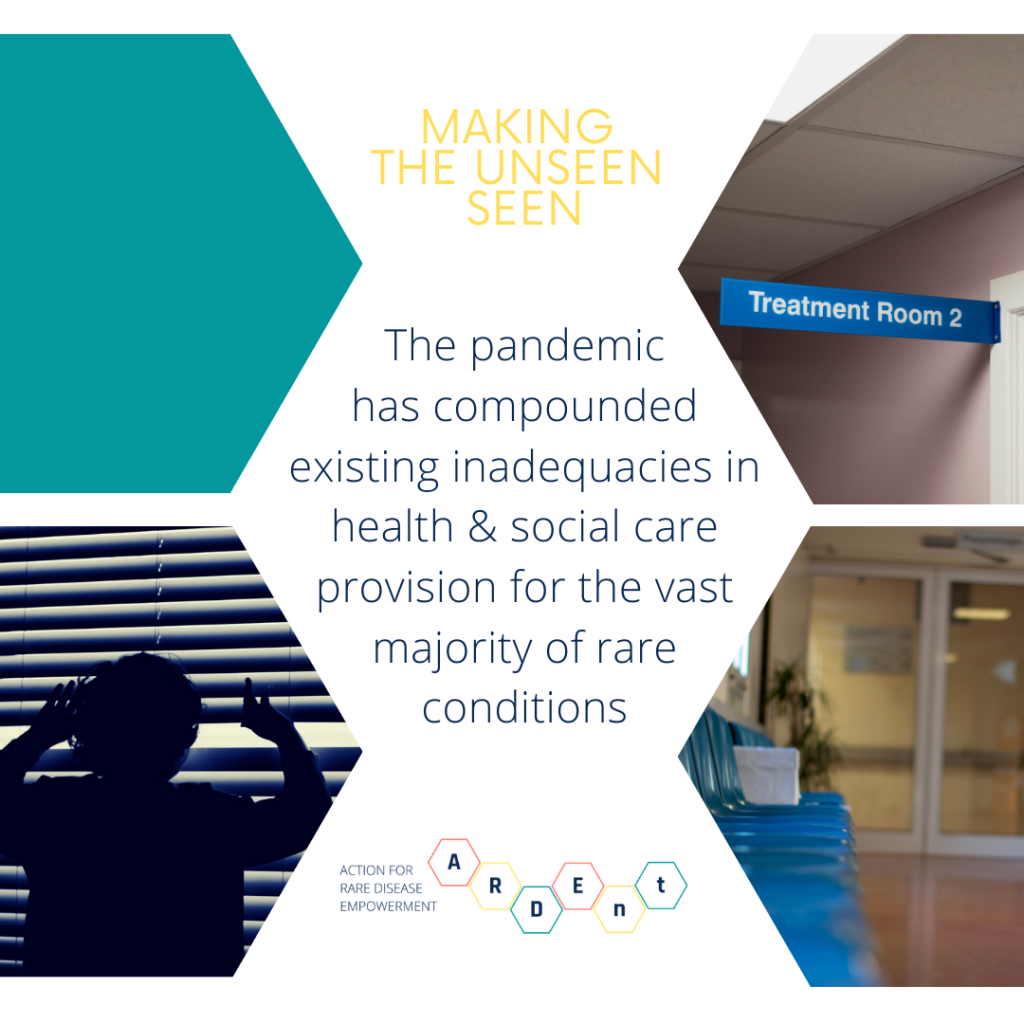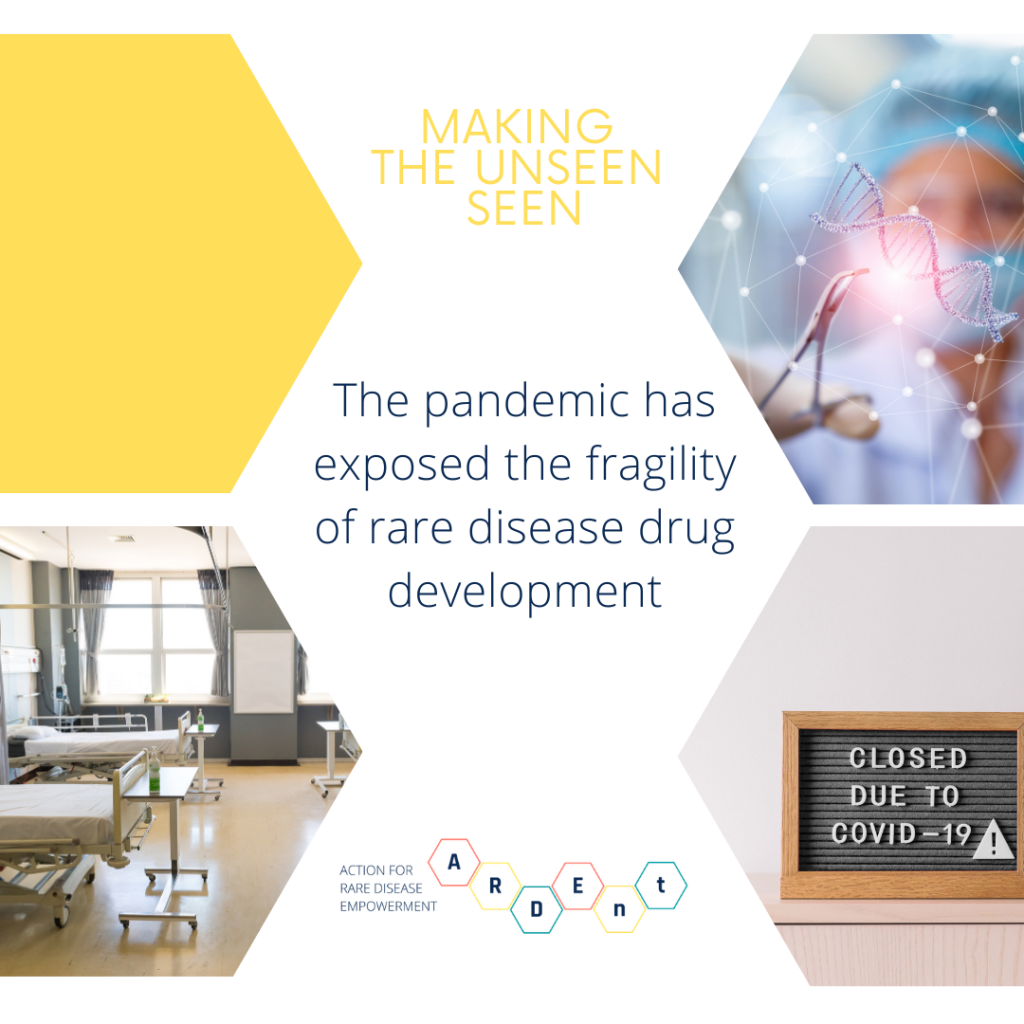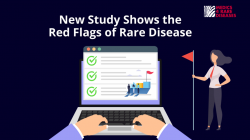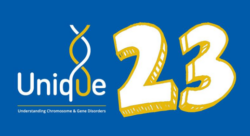Making the Unseen Seen: Rare disease and the lessons learned from the COVID-19 pandemic
At the beginning of the COVID-19 pandemic of early 2020, a group of concerned advocates came together to take Action for Rare Disease Empowerment. The group became known as ARDEnt and their aim was to shed light on the unseen impact of the pandemic on people living with rare conditions in order to protect the existing services that they depend on and to harness any opportunities that arose.
They identified three priority themes under which evidence would be collated which have subsequently been included as three of the four priorities highlighted by the UK Rare Diseases Framework:
- Priority 1: helping patients get a final diagnosis faster
- Priority 2: coordination of care
- Priority 3: improved access to specialist care, treatment and drugs.
Information was gathered by a review of the published literature, grey literature review (including government documents, patient advocacy and public health documents) and interviews with key stakeholders, including patients, healthcare professionals, researchers, industry and advocacy groups. Although the focus of this review was the UK, the information search was not restricted to the UK.
Today they have published their report, which reveals the impact of the pandemic on every stage of the patient journey, from diagnosis to eventual management. It catalogues the re-assignment of specialists away from rare disease, the fear of infection, the closure of clinics, the fracture of coordination of health and social care, and the delay or termination of clinical studies. At the same time, the pandemic has accelerated the evolution of remote monitoring, the adoption of video calling and virtual appointments.
This Action for Rare Disease Empowerment (ARDEnt) report is the product of a cross-sector collaboration of rare disease experts and includes the collation of published data on the impact of the pandemic on the rare disease community alongside insights from a range of interviewees in order to identify the post pandemic risks and opportunities in this field.
Now is the time for that action – from grass roots to legislators we can all play our part – and play our part we must, because if we do not, we effectively ignore a disease that affects over 3 million people in the UK and that cannot be acceptable.
Nicola Miller, Creative Director and Editor-in-Chief Rare Revolution Magazine
Co-founder, Teddington Trust SCIO
Headline findings by Theme
During an initial open consultation with the stakeholders, three themes were identified as being the most critical in terms of risks and opportunities for people with rare diseases: 1. Diagnostic delay 2. Health and social care coordination 3. Research, drug development and access to treatment.
The pandemic has exacerbated diagnostic delay
Markers for rare disease diagnosis demonstrate that the pandemic has exacerbated diagnostic delay. Individuals were reluctant to seek professional consultation, resulting in late presentations. There was a reduction in primary care capacity and referrals to secondary care. Requests for investigations pivotal in many rare diagnoses were reduced, and face to face surveillance of children aged 0-5 was impacted. All of which could add years to the diagnostic odyssey.
The pandemic has compounded existing inadequacies in health and social care provision for the vast majority of rare conditions
83% of people living with rare disease experienced delays or cancellations in diagnostic testing, transfusions, surgeries, scans and routine appointments. 66% stated disruptions negatively impacted their wellbeing, with 30% reporting disruptions were ‘definitely’ or ‘probably’ life-threatening. Deterioration of patient health was particularly notable in neurological diseases, where absence of therapies as opposed to natural disease progression was responsible.
The pandemic has exposed the fragility of rare disease drug development
Safety considerations, travel restrictions, shielding, trial-sites being repurposed to Covid wards and research staff either being called to the front-line, or called to replace others who were, have compounded the already fragile world of clinical development for rare diseases. In some cases, the result has been profound, with the termination of the only study for that disease.
In the published report, the ARDEnt group present learnings from how the pandemic has affected those living with rare conditions and the services they rely on. Risks that need mitigating and opportunities that need embracing are detailed with recommendations for each of the three Themes. This is perfect timing for being taken on board in the planning of the Action Plans that will follow The UK Rare Diseases Framework that was published in January.
In 2020 everybody had a taste of what it’s like to live with a poorly understood health condition with limited treatment options and a desperate need for expedited research. People living with rare conditions are all too familiar with this reality. We can learn a lot from this resilient and problem-solving community, in return they must be supported to keep leading the way.
Dr Lucy McKay, CEO of Medics4RareDiseases
ARDEnt Theme 1 Lead
Learn more and ask questions at the webinar
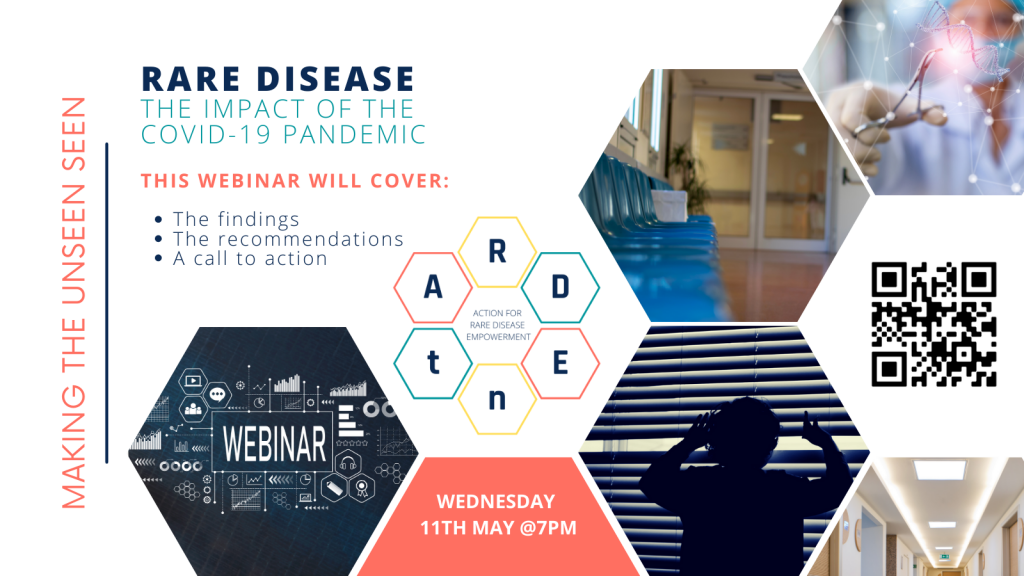
The aim of the report is to influence the action plans for the Rare Disease Framework using real data. The ARDEnt group will be discussing the findings, the recommendations and making a call to action at a webinar on Wednesday 11th May – for more details please click here.
ARDEnt Theme Leads and Co-Leads
- Diagnostic Delay: Dr Lucy McKay (Lead) and Dr Will Evans will@npuk.org (Co-Lead)
- Coordination of health and social care: Rebecca Stewart (Lead) and Jess Doyle (Co-Lead)
- Research and drug development including access to treatment: Jo Balfour (Lead) and Malcolm Allison (Co-Lead)

Acknowledgements
The three founding organisations of ARDEnt: Medics4RareDiseases, Cambridge Rare Disease Network and Rare Revolution Magazine, are grateful to all the organisations and individuals who joined us in our quest to protect rare disease patients and the services and organisations they depend on. This has been a truly collaborative project from concept to delivery. We are indebted
to all who took part for their contributions in bringing this report to fruition and to the attention of the public and policy makers.
Please see the report for a full list of contributors and if you would like to get involved with this work IT IS NOT TOO LATE. Please reply to this email. The work of ARDEnt is not finished yet.

